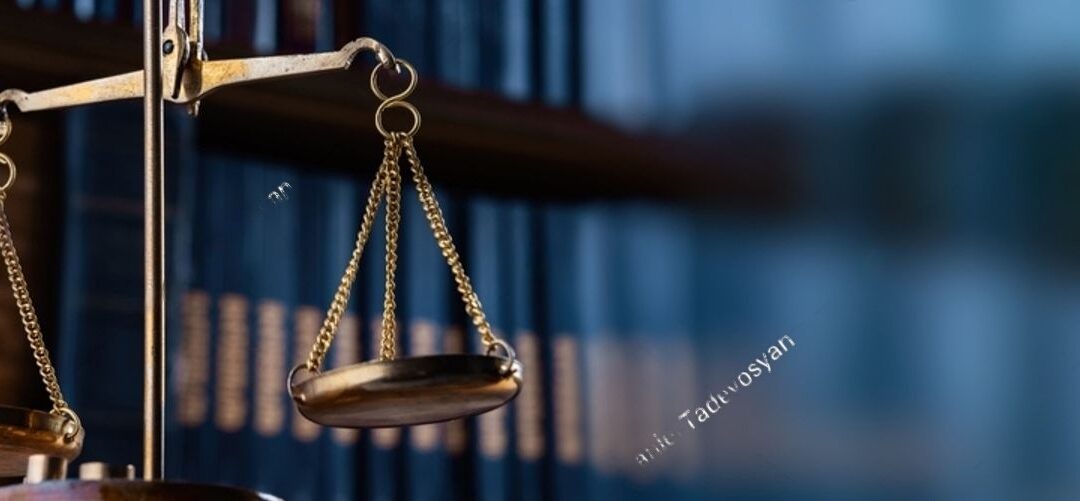A Last Will and Testament, commonly referred to as a “Will,” is a legal document that outlines an individual’s wishes regarding the distribution of their assets and the care of their dependents upon their death. While many may perceive drafting a Will as a distant or uncomfortable task, its significance cannot be overstated, particularly in the UAE where laws governing inheritance and estate distribution differ substantially from other jurisdictions. For both expatriates and UAE nationals, understanding the importance of creating a clear and legally sound Will is essential to ensuring that their assets are distributed according to their wishes and that their loved ones are protected.

Understanding the Legal Landscape in the UAE
The UAE operates under a mixed legal system that incorporates both civil law and Islamic Sharia law. For Muslims in the UAE, inheritance matters are governed by Sharia principles, which mandate a fixed allocation of assets among family members. Under Sharia law, certain relatives such as spouses, children, and parents are entitled to predefined shares of the deceased’s estate, and these allocations cannot be altered by the individual’s personal wishes.
However, non-Muslim expatriates residing in the UAE have the option to draft a Will in accordance with the laws of their home country or another preferred jurisdiction, provided it complies with UAE legal requirements. In the absence of a legally registered Will, the distribution of assets will follow the default provisions of UAE law, which may not reflect the deceased’s desires. Thus, drafting a Will is essential for expatriates who wish to retain control over how their assets are distributed.
Avoiding Legal Complications and Disputes
One of the primary advantages of drafting a Will is the ability to prevent legal complications and disputes among heirs and beneficiaries. When an individual passes away without a Will (known as “dying intestate”), their estate may be subject to lengthy court proceedings to determine the rightful heirs. This can create unnecessary stress and financial burdens for the deceased’s family. In some cases, assets may be frozen while the court processes the inheritance claims, leaving dependents in a precarious financial situation.
By drafting a clear and comprehensive Will, an individual can specify exactly how their assets should be distributed, thereby reducing the likelihood of family disputes. Moreover, a Will can designate an executor to manage the estate and oversee the distribution of assets, further ensuring that the deceased’s wishes are honored in a timely and orderly manner.
Protecting the Interests of Dependents and Minor Children
For individuals with dependents, particularly minor children, drafting a Will is essential for ensuring their protection and care after death. Under UAE law, a Will can specify guardianship arrangements for minor children, designating who will be responsible for their care and upbringing. In the absence of a Will, the guardianship of minor children may be determined by the courts, which may not align with the wishes of the deceased.
Additionally, a Will can allocate specific assets or funds to be set aside for the future needs of children, including education and healthcare expenses. By providing for dependents through a legally recognized Will, parents can have peace of mind knowing that their children will be cared for and financially supported in the event of their passing.
Asset Protection and Estate Planning
Drafting a Will is a key component of broader estate planning, allowing individuals to ensure that their assets are preserved and distributed efficiently. For expatriates who may own property or have financial assets in multiple jurisdictions, a Will can streamline the process of transferring ownership to heirs across borders. Without a properly drafted Will, these assets may be subject to varying inheritance laws in different countries, potentially leading to delays or unintended outcomes.
In the UAE, expatriates who own real estate, bank accounts, or business interests are particularly encouraged to draft a Will that addresses the disposition of these assets.
Flexibility and Control Over Your Estate
One of the main benefits of drafting a Will is the flexibility it provides in managing the distribution of your estate. Without a Will, the default legal provisions of Sharia law or UAE inheritance law will apply, which may not reflect the individual’s personal, cultural, or familial preferences. By drafting a Will, individuals can:
- A Will allows individuals to allocate their assets, including real estate, investments, and personal belongings, according to their specific preferences. They can choose to leave certain assets to family members, friends, or charitable organizations of their choice.
- Individuals can make specific bequests, such as leaving a family heirloom to a particular relative or allocating a percentage of their wealth to multiple beneficiaries. Additionally, they can specify conditions under which assets should be distributed, such as setting up a trust for minors or dependents.
- A Will allows individuals to exclude certain parties from inheriting their estate. Without a Will, assets may be distributed according to the legal provisions that the individual may not have intended.
Key steps to consider:
For expatriates and non-Muslims, it is critical to ensure that the Will complies with the relevant legal procedures in the UAE to be valid and enforceable. Here are key steps to consider:
- It is advisable to consult with a lawyer who specializes in estate planning and UAE inheritance laws. They can guide you through the specific legal requirements for drafting a Will and ensure that your document complies with UAE regulations.
- Life circumstances change, and it is important to review and update your Will periodically, especially after major life events such as marriage, divorce, or the birth of children. Keeping your Will up to date ensures that it remains aligned with your current wishes.
Conclusion
In summary, drafting a Last Will and Testament in the UAE is not only a legal necessity but also a practical step in safeguarding the interests of your loved ones and ensuring that your estate is managed according to your wishes. Having a legally recognized Will in place provides peace of mind, reduces the risk of family disputes, and ensures that your assets are distributed efficiently. The UAE’s unique legal landscape, which incorporates both civil law and Sharia law principles, makes it all the more critical for individuals to take the necessary steps to formalize their estate plans through a well-drafted Will.
You can benefit from the free consultation for 30-min, and get the help you need from the best lawyers in Dubai, whether you’re in the region or not!




